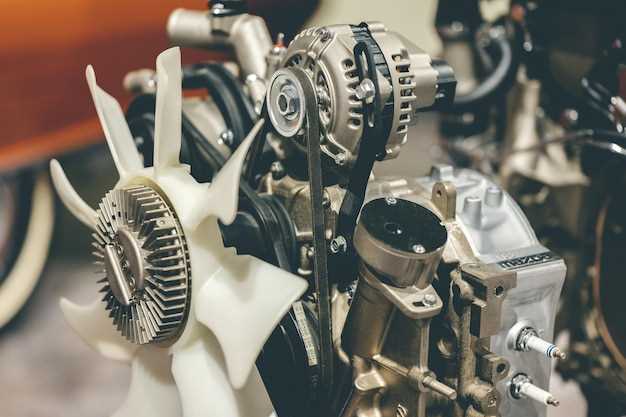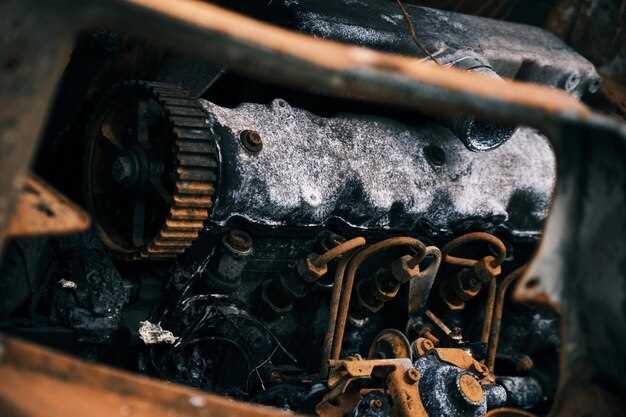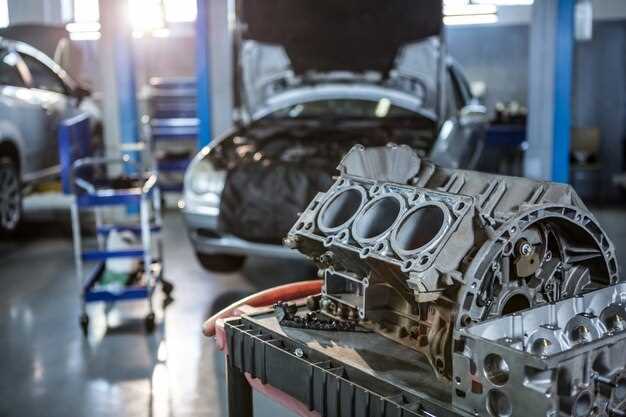
In the quest to develop more efficient and powerful diesel engines, engineers are increasingly focusing on high-compression parts. The significance of these components can hardly be overstated, as they play a critical role in enhancing engine performance, improving fuel efficiency, and reducing emissions. As the automotive industry pivots towards sustainability, the demand for advanced engine technology necessitates a thorough understanding of high-compression parts.
High-compression components are designed to withstand the immense pressures generated during combustion cycles, enabling a more complete fuel burn. This not only optimizes the power output but also maximizes the energy extracted from each unit of fuel consumed. By integrating these parts into engine builds, manufacturers can achieve a better power-to-weight ratio, which is essential for both commercial and industrial applications.
Moreover, as regulatory standards continue to tighten, the development of high-compression parts becomes increasingly vital. The improved combustion efficiency leads to lower emissions of harmful pollutants, aiding compliance with environmental regulations. Therefore, the focus on safely and effectively incorporating high-compression technologies into diesel engines will drive innovation in the field, paving the way for the future of transportation.
Impact of Compression Ratios on Engine Performance
The compression ratio plays a critical role in the performance of diesel engines. It is defined as the ratio of the maximum volume of the combustion chamber when the piston is at the bottom dead center to the minimum volume when the piston is at the top dead center. A higher compression ratio typically results in better thermal efficiency, which translates into increased engine power output and improved fuel economy.
When engineers build diesel engines, they aim for an optimal compression ratio that maximizes performance without compromising reliability. High-compression engines can extract more energy from the fuel, allowing for reduced emissions and enhanced torque characteristics. This capability is especially important in applications requiring significant power, such as heavy-duty vehicles and industrial machinery.
However, increasing the compression ratio also leads to challenges. It can result in higher cylinder temperatures and pressure, which may increase the likelihood of knock or pre-ignition. Therefore, careful calibration of the engine design is necessary to balance the benefits of higher compression with potential downsides. Advanced technologies, such as turbocharging and intercooling, are often employed to help mitigate these risks while still reaping the advantages of high-compression operation.
In summary, the impact of compression ratios on engine performance is profound. High-compression parts offer significant advantages, leading to better efficiency and power delivery. As engineers look towards the future, optimizing compression ratios will remain a crucial element in the development of high-performance diesel engines.
Choosing Materials for High-Compression Components

The selection of materials for high-compression components in diesel engines is critical for enhancing performance, durability, and efficiency. High compression ratios lead to increased temperatures and pressures, necessitating materials that can withstand these harsh conditions.
Key factors to consider when choosing materials include:
- Thermal Resistance: Materials must maintain integrity under high temperatures. Options like aluminum alloys and cast iron are often preferred for their ability to dissipate heat effectively.
- Mechanical Strength: High-compression components experience significant stress. Materials like high-strength steel and forged alloys deliver the required tensile strength to endure these forces.
- Fatigue Resistance: Repeated compression cycles can lead to material fatigue. Advanced materials such as titanium alloys and certain composites provide excellent fatigue resistance, extending component life.
- Corrosion Resistance: Diesel engines operate in various environments, making it essential to select materials that resist corrosion. Stainless steel and certain coated alloys can help combat this issue.
- Cost-effectiveness: While high-performance materials offer benefits, their costs can be prohibitive. Balancing performance with economic factors is crucial for viable engine design.
Common materials for high-compression parts include:
- Aluminum Alloys: Lightweight and good thermal conductivity make them ideal for pistons and cylinder heads.
- Cast Iron: Offers excellent wear resistance and is commonly used for engine blocks, providing durability at high compression.
- Steel Alloys: Utilized for crankshafts and connecting rods due to their high strength and fatigue resistance.
- Titanium Alloys: Although expensive, they are used in high-performance applications for their strength-to-weight ratio.
In summary, the selection of materials for high-compression components in diesel engines must prioritize thermal resistance, mechanical strength, fatigue endurance, corrosion resistance, and cost. These factors play a pivotal role in ensuring engine efficiency and longevity.
Maintenance Strategies for High-Compression Diesel Engines

High-compression diesel engines require specialized maintenance strategies to ensure optimal performance and longevity. Regular inspections of engine components are crucial, as these engines operate under higher pressures and temperatures than their lower-compression counterparts. Pay close attention to the fuel injection system, as precise fuel delivery is essential for maintaining efficiency and reducing emissions.
One of the core aspects of maintenance is monitoring the health of the turbocharger. High-compression engines often rely on turbocharging to enhance performance. Regular checks for signs of wear or damage, along with maintaining proper lubrication, can prevent costly failures. Additionally, ensuring the air intake system is clean and unobstructed will help maintain engine performance.
Engine oil quality and level must be consistently monitored. High-compression operation leads to increased thermal stress, making it essential to use high-quality, viscosity-rated oils specifically designed for diesel engines. Regular oil changes based on service intervals or engine load conditions can significantly impact engine longevity.
Another vital maintenance strategy involves checking the cooling system. High-compression engines generate more heat, which can lead to overheating if not managed correctly. Inspecting the radiator, coolant levels, and hoses ensures efficient heat dissipation and prevents engine damage.
Lastly, it’s beneficial to implement a systematic approach to preventative maintenance. Establishing a maintenance schedule that includes regular diagnostics can help identify potential issues before they escalate. This proactive strategy not only extends the lifespan of high-compression diesel engines but also enhances performance, ensuring they operate reliably under demanding conditions.




